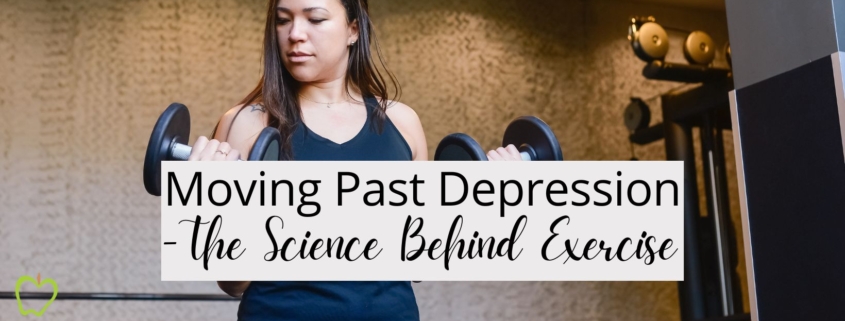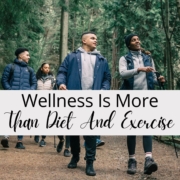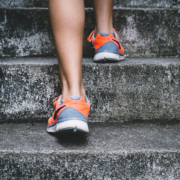Moving Past Depression – The Science Behind Exercise
We live in a world where depression affects millions. Many suffer in silence, while others go to their doctors where they are given medication. But there may be a better way. A groundbreaking study has recently revealed that a powerful solution may be as close as your exercise shoes. Lace up those shoes and discover an effective way for moving past depression.
A study published in the British Medical Journal has shed light on the notable effects of exercise in treating depression. The researchers analyzed data from over 14,000 people with major depressive disorder across 218 trials. They found that engaging in movement like walking or jogging two to three times a week showed the best outcomes.
Their symptoms improved by an amazing 63%! In comparison, antidepressant medications alone produced only a 26% improvement along with concerning side effects.
Dr Michael Noetel, the lead author of the study, emphasized the significance of this study, “Exercise may therefore be considered a viable alternative to drug treatment. We also found evidence that exercise increases the effectiveness of SSRIs, so offering exercise may act as an adjuvant for those already taking drugs.” This research has the potential to revolutionize the way depression treatment is approached.
What Is Conventional Treatment?
Conventional treatment for depression usually involves the use of medications and/or psychotherapy. The most widely used medication for depression is selective serotonin-reuptake inhibitors (SSRIs), such as Celexa, Lexapro, Zoloft, Prozac, and Paxil.
While these medications do help with depression, they primarily suppress symptoms rather than curing the cause. When the medication is no longer taken, the symptoms usually return.
And while taking the medication the side effects can include weight gain, personality changes, and suicidal thoughts. And psychotropic drugs like SSRIs can cause neurotransmitter degradation, leading to changes in the brain.
Another approach is to use psychotherapy. This can come in several forms, including “talk therapy” or counseling, cognitive behavioral therapy, and problem-solving therapy.
The Movement Intensity Factor
The study discovered that exercise provided the greatest benefits. Specifically, activities like yoga, cycling, running, and strength training showed significant improvement in depression symptoms. The researchers found that “the benefits from exercise tended to be proportional to the intensity” – meaning the more vigorous, the better.
While I would say that starting with gentle exercise is a place to start, the study shows that’s not the place to hang. Dr. Noetel says, “When it comes to fighting depression, it seems that the old motto ‘no pain, no gain’ might just hold true.” So don’t avoid breaking a sweat and pushing yourself harder – your mental health will benefit.
Doctors May Prescribe Sweat
The compelling evidence of this study has led some doctors to prescribe exercise as the first-line treatment. The NIH and the National Institute for Health and Care Excellence in the UK are recommending group exercise sessions with a trained practitioner at least once a week for 10 weeks.
This is a significant step in the battle against depression. Functional Medicine practitioners have recommended lifestyle interventions for years, and exercise can be chosen without a prescription. It is a more holistic and accessible path to recovery.
Benefits Beyond Depression
The benefits of exercise extend far beyond depression. Besides improving mood, exercise can help to combat health conditions, boost energy levels, and promote better sleep. Pair these with the low cost and minimal side effects, exercise can be a powerful ally in the fight against mental illness.
It is increasingly clear that exercise is not just a complementary treatment for depression. It can now be considered a potent antidepressant. When you incorporate regular, vigorous physical activity into your life, you harness the power of movement to boost your mood, reduce depression symptoms, and improve your overall well-being. It’s a gift you can give yourself for the holidays and beyond.










